Hygiene experts call for renewed hygiene efforts amid NYC’s polio outbreak
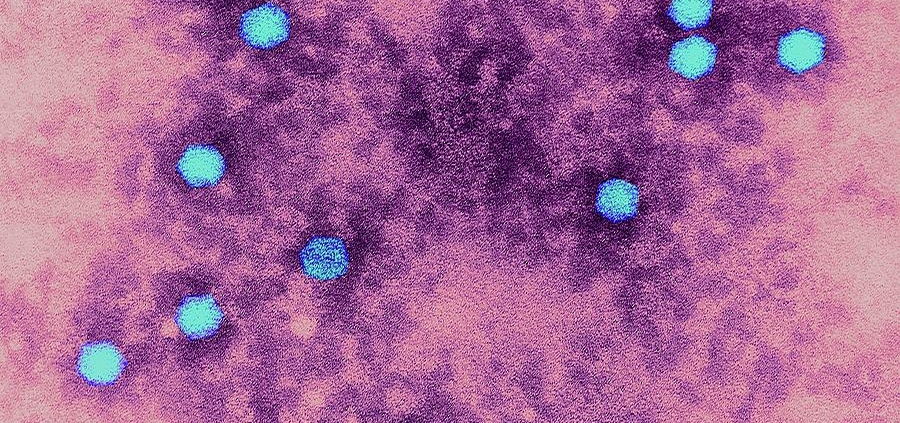
New York City has declared a state of emergency after detecting a case of polio. Experts say improved hygiene will be key to stopping the spread.
“Regular hand washing and sanitising should be commonplace by now but we’re stressing how effective those simple actions can be in keeping a disease like polio at bay,” said Simon Sinclair, Executive Director of RGHI. “While New York residents in particular should try to resume the increased hygiene habits they picked up during COVID-19, globally we’d urge everyone to continue regular handwashing, including children.”
Poliomyelitis, or polio, is a highly contagious viral disease that most commonly affects children under five years old. According to the World Health Organisation, it typically spreads through “the faecal-oral route or, less frequently, by a common vehicle (e.g. contaminated water or food) and multiplies in the intestine.”
While some may experience no symptoms, for others polio can lead to paralysis and even death. There is, however, a vaccine available. It is through extensive childhood vaccination programs that most countries have in fact eliminated polio. Pakistan and Afghanistan are the only two countries where it remains endemic.
The case diagnosed in Rockland County, New York, is the first detected in the U.S. in over a decade. While it’s only one case, health officials have detected traces of the wild poliovirus in the wastewater samples of four other counties and there are concerns this points to the potential spread.
New York’s state of disaster emergency allows for authorities to increase their vaccination efforts. Authorities are urging all unvaccinated New Yorkers, including children under two years old, to get the vaccination.
“Polio is a debilitating disease that we certainly don’t want to see re-emerge in countries where it’s previously been eradicated,” continued Simon Sinclair. “While vaccination remains the best way to prevent the transmission of polio, washing hands regularly with soap and water or using hand sanitiser will also go a long way in keeping numbers low. We know how to maintain proper hygiene and we’re just reminding people that regardless of a virus, the simple task of handwashing can keep multiple viruses at bay.”
Aside from polio, illnesses from the common cold to cholera, the flu to typhoid can be kept away by good hygiene. In fact, handwashing, according to the Centers for Disease Control and Prevention, can reduce the number of cases of diarrhoea by 23-40% and respiratory illnesses by 16-21%.
“This latest case of polio serves as a reminder that serious diseases are never too far away and reemergence can happen no matter where you are. It also reminds us that the most simplest of interventions – handwashing – can go a long way in preventing outbreaks,” said Sinclair, Executive Director of RGHI. “This is why we urge governments to invest more in promoting good hand hygiene so that whatever the disease is, cases are kept low.”
As it stands, there is an annual $114 billion investment gap in efforts to achieve adequate and equitable hygiene and sanitation for all – which forms United Nations’ Sustainable Development Goal 6 alongside clean water for all.
RGHI is working to address this by supporting the development of a body of research that examines how critical hygiene is to good health and the obstacles in ensuring such behaviours. Launched in 2020, it provides grants to researchers focussed on the intersection of hygiene with health.
“We know hand hygiene works but what we don’t know is to what extent it prevents outbreaks, why there can be a lapse in such habits, and what messaging resonates most with people. At RGHI, we intend to answer those unknown questions and support the world’s decision-makers by providing robust evidence on how to protect our communities from disease and illness.”
# # #
Notes to editors:
About the Reckitt Global Hygiene Institute
RGHI, a not-for-profit foundation, was set up in 2020 to plug evidence gaps relating to hygiene behaviours and their impact so that leaders can confidently advise their nations. Funded by a multi-year $25 million grant from Reckitt plc, RGHI is working to promote and fund a portfolio of hygiene science that will lay out a clear pathway for improving public health.
For more information please contact: Sarah Roberts sarah_r@mail.rghi.org
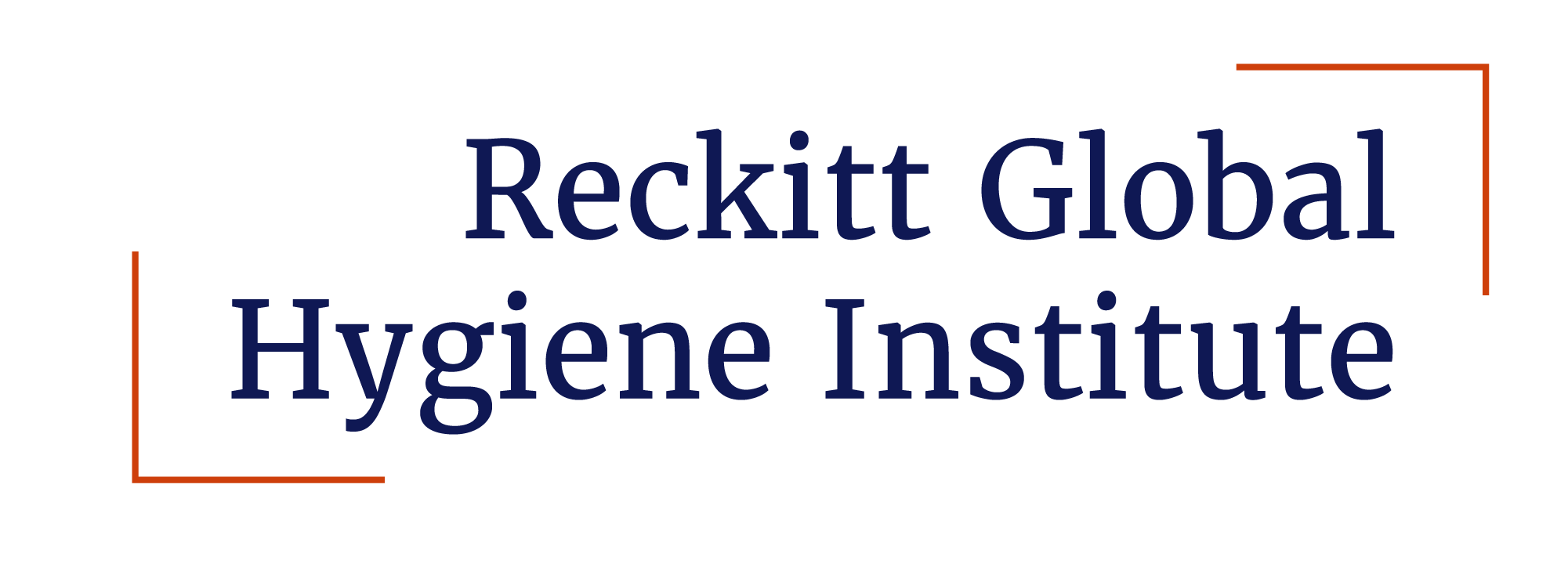
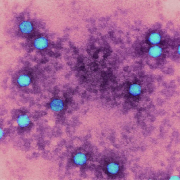
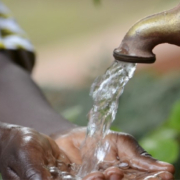
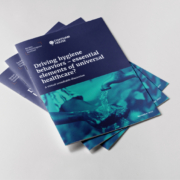
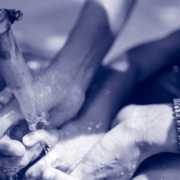
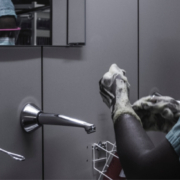
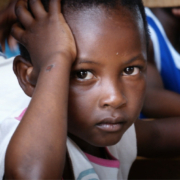
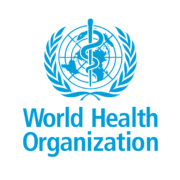


Leave a Reply
Want to join the discussion?Feel free to contribute!